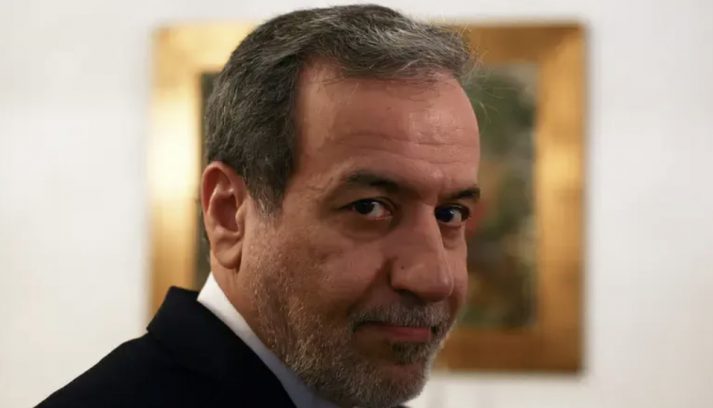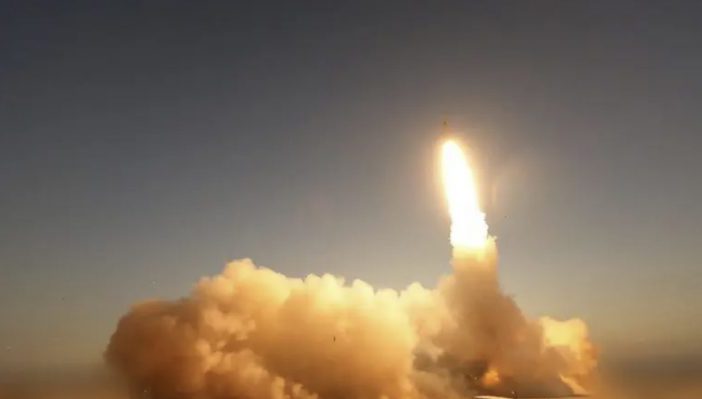Iranian Foreign Minister Abbas Araghchi refutes an Axios report claiming the US presented a written nuclear deal proposal during indirect talks in Muscat.
Iranian Foreign Minister Abbas Araghchi on Thursday firmly rejected a report by the US-based news website Axios, which alleged that the US administration had presented Tehran with a written proposal for a nuclear deal during the fourth round of indirect negotiations.
Speaking on the sidelines of his visit to the 36th Tehran International Book Fair in Tehran and quoted by the Xinhua news agency, Araghchi directly addressed the claims, stating, “We have so far received no written proposal or text (from the other side). However, it is possible that the Omani side would later convey something to us.”
The Axios report had specifically cited US Special Envoy to the Middle East Steve Witkoff as having presented a written proposal to the Iranian delegation during the latest round of indirect talks in the Omani capital, Muscat, on Sunday.
Araghchi further elaborated on the nature of the ongoing discussions, noting that throughout the four rounds of negotiations, the Iranian delegation had “once or twice” submitted its positions in writing to the Omani side, but had not received any reciprocal documents.
Regarding the upcoming fifth round of negotiations, the Iranian Foreign Minister indicated that the details, including the date and venue, would be announced by Oman.
In a briefing with reporters earlier on Thursday, US President Donald Trump affirmed that the US is nearing a deal with Iran, underscoring the “very serious” nature of the ongoing discussions. “They agreed to the terms…they are not going to make nuclear dust,” he declared.
Trump has several times indicated he believes brokering a nuclear deal is possible, though he has also cautioned that “the window is closing.”
Last week, Trump said that Iran has a choice when it comes to its nuclear program: Blow up its nuclear facilities peacefully or blow them up viciously.
Iran is currently enriching uranium to 60% purity, far exceeding the 3.67% limit stipulated in the 2015 Joint Comprehensive Plan of Action (JCPOA), but still short of the 90% threshold needed for weapons-grade material.





